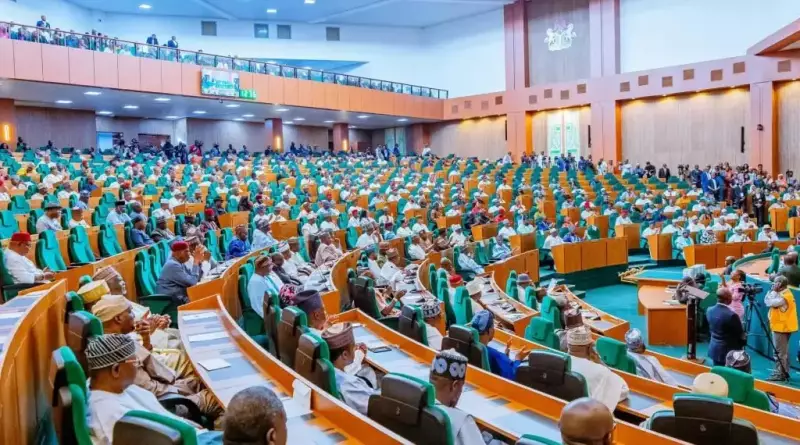
In a stunning political realignment that has sent shockwaves through Nigeria's corridors of power, the ruling All Progressives Congress (APC) has emerged with a strengthened majority in the House of Representatives following a wave of defections from opposition parties.
Political Earthquake in the Green Chamber
The composition of the House has undergone a dramatic transformation, with the APC now commanding 182 seats compared to the opposition's reduced numbers. This significant shift positions the ruling party to dominate legislative proceedings and advance its agenda with minimal resistance.
The Defection Wave
Two prominent lawmakers from Yobe State, who previously represented the Peoples Democratic Party (PDP) and the Labour Party, have crossed over to the APC camp. Their move follows earlier defections that have progressively weakened the opposition's numerical strength in the lower legislative chamber.
The political exodus has left the PDP with 102 seats, while the Labour Party maintains just 8 representatives. Smaller parties and independent lawmakers complete the current House configuration, creating a political landscape heavily tilted in favor of the ruling party.
Speaker's Strategic Positioning
House Speaker Tajudeen Abbas, representing Zaria Federal Constituency of Kaduna State, now finds himself leading a chamber where his party commands overwhelming numerical superiority. This development significantly enhances his ability to marshal legislative business through the House without substantial opposition hurdles.
Regional Implications
The defections have particular significance for Rivers State, where the political dynamics remain complex. With the state's representation now divided between parties, the APC's strengthened position at the federal level could influence ongoing political negotiations and alignments in the oil-rich state.
What This Means for Governance
Political analysts suggest this realignment could lead to:
- Expedited passage of executive bills and government policies
- Reduced legislative gridlock on key national issues
- Strengthened party discipline within the ruling APC
- Potential challenges for effective opposition oversight
The development marks a crucial moment in Nigeria's political calendar, potentially setting the stage for the 2027 general elections as parties reposition and consolidate their strengths.





